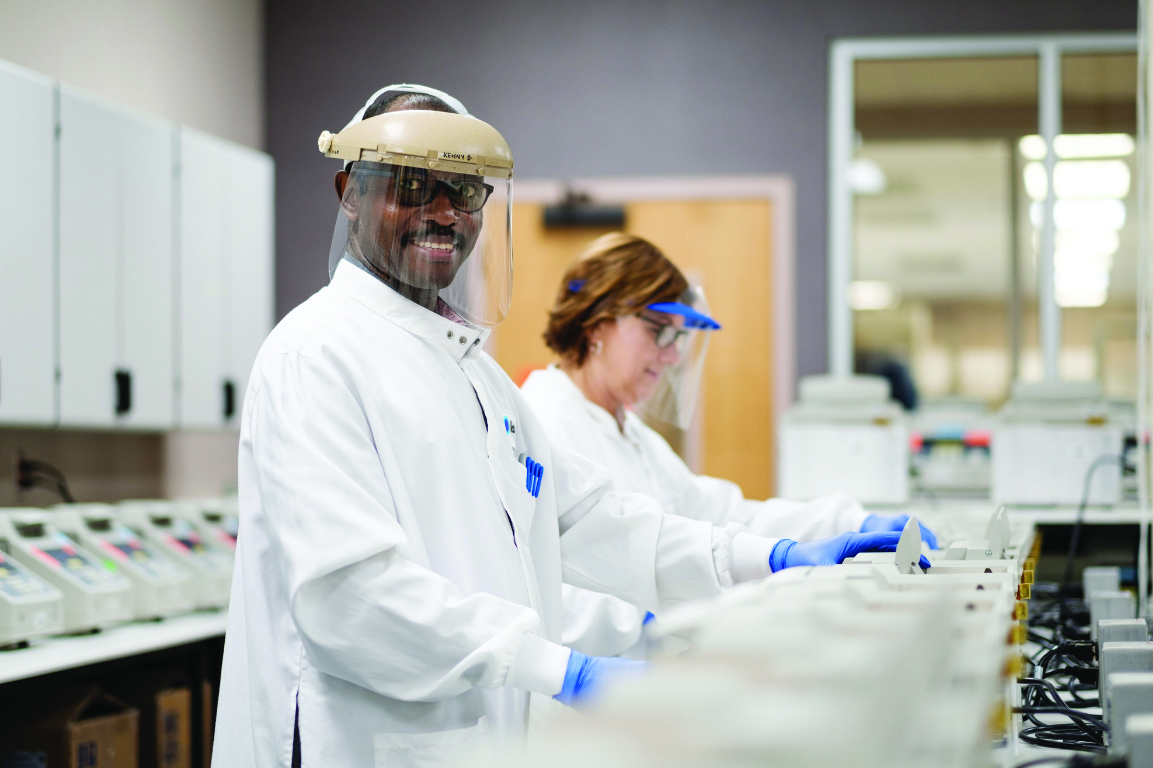Pharmacology capabilities to support your GLP safety endpoints
One of the biggest challenges pharmaceutical companies face is ensuring that their drug candidates are both safe and effective. Unforeseen adverse effects can lead to costly late-stage failures, regulatory setbacks and potential harm to patients. How can you meet regulatory requirements for ICH core battery studies while minimizing these risks and optimizing your chances of success? You need a value-added partner to help identify unsafe compounds earlier than ever before.


)



